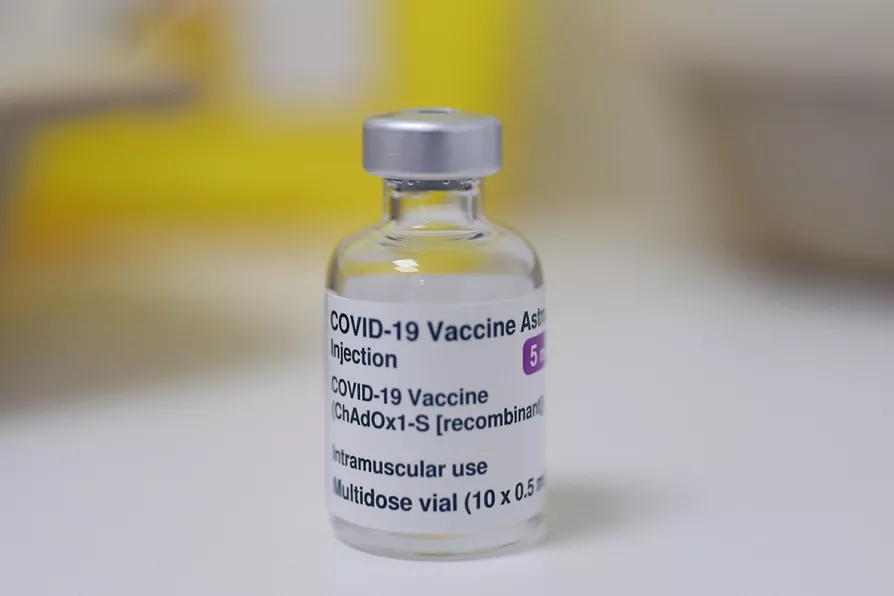The Mandelson scandal reveals a political settlement in which democratic choice is curtailed and the power of markets eclipses the will of voters – only the left can challenge this, writes JON TRICKETT MP


BORIS JOHNSON is set to get a big political bounce from the vaccination programme. But the success of vaccination, just like the failures of most of the Tory Covid-19 responses, shows that Johnson’s “free market” policies have let the virus run free, while stronger public health and welfare institutions are the cure.
The high Covid-19 death rate is even worrying the Conservative press. But they don’t want to think too deeply about why, preferring to see the answer in Boris Johnson’s personality, or a list of unconnected managerial failures and accidents.
But the real answer is that this is a public health emergency, so needs the strongest response from the public health and welfare institutions.

Politicians who continue to welcome contracts with US companies without considering the risks and consequences of total dependency in the years to come are undermining the raison d’etre of the NHS, argues Dr JOHN PUNTIS

A maverick’s self-inflicted snake bites could unlock breakthrough treatments – but they also reveal deeper tensions between noble scientific curiosity and cold corporate callousness, write ROX MIDDLETON, LIAM SHAW and MIRIAM GAUNTLETT













